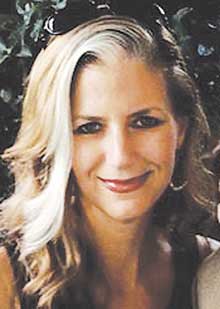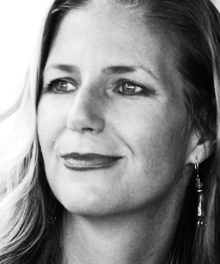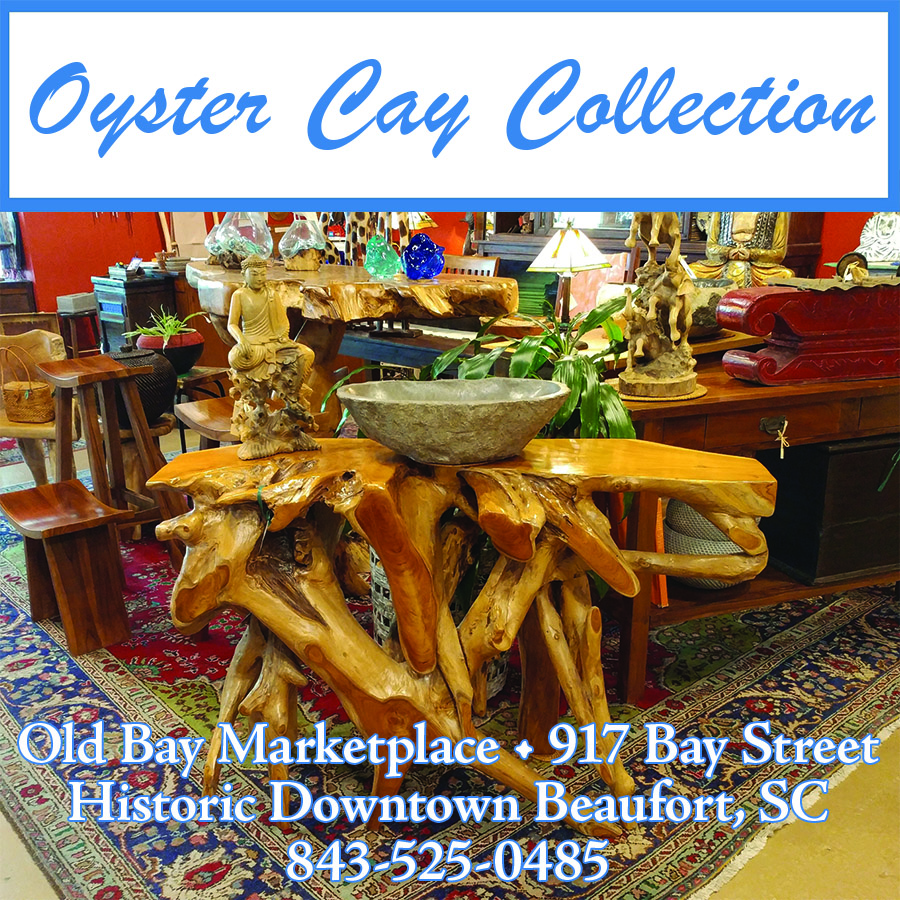 I’ve been struggling with writer’s block, y’all. It was so bad, I had to recycle a two-year-old column in our last issue, a “last resort” that always fills me with shame.
I’ve been struggling with writer’s block, y’all. It was so bad, I had to recycle a two-year-old column in our last issue, a “last resort” that always fills me with shame.
Seems I’m often filled with shame these days. And when I’m not, I worry that maybe I should be. And here’s a secret: Worrying that you should feel shame when you don’t . . . feels almost exactly like shame.
It’s like I’m locked in some kind of mental purgatory, vaguely aware I should be doing penance, atoning for something, but not quite sure what.
My husband and I attended a hearing at Brick Baptist Church last week, a presentation to the National Park Service seeking Beaufort County’s designation as the national monument to the Reconstruction Era. The turnout was extraordinary. Standing room only. People of all ages and races were there. Civic leaders. Ordinary citizens. School kids. As I glanced around the packed sanctuary, I felt proud of Beaufort. (Look at us! The New South. We’re so evolved.)
We were sitting in the balcony, listening to the opening remarks by U.S. Representative James Clyburn, when I suddenly remembered that this was the same balcony where slaves were “allowed” to worship before the Civil War. In 1855, the slaves of St. Helena built this beautiful church – with their bare hands – for the island’s plantation owners. Then those same plantation owners thanked them by relegating them to the balcony.
And there in that “slave balcony,” listening to Rep. Clyburn – a charming, learned, witty man who also happens to be African American – I felt shame burn my cheeks. Clyburn didn’t shame me – he couldn’t have been more gracious, in fact – but the shame was there anyway, skipping hand in hand across my heartstrings with my New Southerner’s pride. It was unsettling, this cozy marriage of pride and shame, and I began to question my presence at this event. What was I doing there, exactly?
I looked around at all the other folks in the “slave balcony” – among them, lots of nice, middle class white people, like myself – and I wondered how all the black people in attendance felt about our being there. Were they glad to see us? Were they – like I was – acutely aware of the sweet irony that white people were sitting in a slave balcony, listening to their black congressman give a rousing speech? Did they know how sincere we were in our support of the Reconstruction monument?
And just how sincere were we, anyway? What, exactly, were our reasons for being there at Brick Baptist Church?
Of course, I told myself I was there to show my support for the monument and my love for the Beaufort community – especially the black community – but the things we tell ourselves can’t always be trusted as truth, can they? We aren’t exactly objective observers when it comes to our own motives. Was I there out of pure love and enthusiasm . . . or to flaunt my virtue? (Look at me! I’m enlightened! And I really care!) Or was I, perhaps, there seeking some kind of forgiveness?
Seeking forgiveness for somebody else’s sins – not the sins of the father, or even the grandfather, but some long-ago ancestor who might or might not have owned slaves – well, that can be a risky business. If you don’t feel truly convicted, you can’t truly repent, which means you can’t truly be forgiven.
And yet . . . the shame. It felt real. And here’s another thing: It felt good to sit there in that slave balcony. Humbling. Purifying. Like a confession. Which set me to feeling ashamed again. Was I enjoying my atonement too much? Taking too much pleasure in it? Especially when I wasn’t even convinced of my guilt?
As usual, I was overthinking it. The hearing was wonderful and I was mostly just glad to be there. Reverend Abraham Murray of Brick Baptist gave a powerful speech in support of the Reconstruction monument, saying that in all his many years of education – he has two masters degrees and a doctorate – he was “never taught anything good about this period in history.”
A lump rose in my throat when I heard those words from this eloquent man – probably a descendent of slaves – and I whispered to my husband, “neither was I.” Born in Alabama half a century ago, a descendent of Confederate soldiers, all I ever heard about, with respect to Reconstruction, were carpetbaggers and scalawags and various other nefarious scoundrels. A simplistic, one-sided version of a complicated story.
As I sat listening in the balcony, it occurred to me that Reverend Murray and I were in this thing together. As are we all. We need this monument. All of us.
Reconstruction is reportedly the least understood period in American history, and this national monument – this chance not just to commemorate, but to educate – would be good for the country. It would also be good for history tourism in Beaufort. Which would be great for Lowcountry Weekly!
Yes, I actually had that thought. Followed by – you got it – shame. I’m telling you, it’s never far from my consciousness these days.
Take Trump shame, for instance.
Sort of like slavery shame, Trump shame is something I suffer vicariously. I openly criticized Trump during the campaign, didn’t vote for Trump, and am hardly elated about Trump’s impending presidency. I am, however, resigned to reality and looking for reasons to be optimistic. In some eyes, this makes me one of the bad guys.
And who knows? Maybe I am. I don’t think I am, but again . . . what do I really know about my own dark, subterranean motives?
All I know is that I find myself – almost every day – defending friends and family members who did vote for Trump, throwing myself on one hate grenade after another on the bloody battlefield of social media. It’s a knee jerk reaction; that’s clear. But I can’t stop myself. I am hardwired, I guess, to defend the honor of good people – even when they’re wrong. (And, incidentally, I don’t feel qualified to make that call, anyway.)
Trump’s election has created an atmosphere of panic, rage and self-righteous condemnation the likes of which I’ve never witnessed. And it’s killing my Christmas spirit. Worse, I fear it may kill this country. I believe we can survive a Trump presidency, but another civil war? As wary as I am of Trump, Americans who alienate other Americans beyond the point of reconciliation are scaring the living daylights out of me.
I poured out all these conflicted thoughts – along with a deluge of tears – at our book club meeting the other night. (Thank God those women love me or they’d have kicked me out years ago.) We were discussing the Reconstruction hearing, Trump’s election, etc., and my friend B – also from Alabama – said something that struck me. “It’s an awkward time to be a southerner,” she said.
Indeed, it is. But when wasn’t it?
B didn’t vote for Trump, either, and she attended the Brick Baptist Church Reconstruction meeting, just like me. She is a good progressive who thinks all the right thoughts and checks all the right boxes. And yet.
“I believe I would have been a suffragette back in the day,” she said, as we chatted over wine. “And if I’d been old enough, I like to think I’d have marched with Martin Luther King, Jr. But a friend just invited me to the Million Women March in Washington, and all I could think about was how uncomfortable it would be trying to sleep on that bus.”
She’s not going. And she’s struggling with shame.
We all do. It’s the human condition. But here in the South, the burden seems somehow heavier – mixed, as it so often is, with love, loyalty, and the stubborn pride of the perennial scapegoat.
Shame’s a tricky thing. When genuine and heartfelt, it’s very healthy: it means we’re paying attention to our motives and our behavior and we’re trying to do right by the world. But cultivating excessive shame – wallowing in it like a pig in mud – is maudlin and self-indulgent; it does the world little good. And trying to impose shame on others – via Facebook hate grenades and such? That typically misfires and often even backfires.
As we head into 2017, maybe we should all try thinking of our shame like we do our cholesterol. Let’s work on getting the good shame up and the bad shame down. I think we’ll all feel better.
Happy New Year and thanks for sticking with me.
Margaret Evans is the editor of Lowcountry Weekly. (Read more of her Rants & Raves here here or visit her blog at www.memargaret.com)






